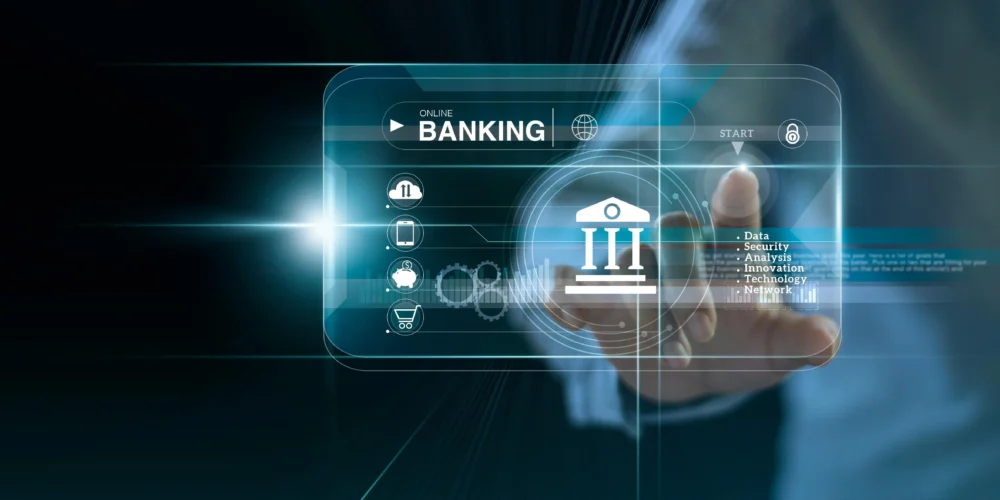The Bank of England (BoE) is looking to the future of currency with the potential introduction of a digital pound, a venture poised to reshape the UK’s payments landscape. Recent updates reveal exciting developments in offline payment capabilities and account aliases designed to bolster transaction flexibility, privacy, and security. As the BoE states,
Payments are evolving towards a more diverse, multi-money landscape,
hinting at a transformative shift in how money is exchanged in an increasingly digital economy.
A Comprehensive Look at the Digital Pound’s Design Phase
The Bank of England, alongside HM Treasury, is currently deep in the design phase of a potential digital pound that is expected to run through 2026. Although no final decision has been reached regarding the implementation of this digital currency, the project is a significant exploration of the role central bank digital currencies (CBDCs) could play alongside existing payment methods. The plan aims to create a multi-money ecosystem where various forms of sterling can be used interchangeably, adapting to individual and business needs.
Key to this initiative’s success is to establish a robust framework prior to any legislative action. A digital pound, if approved, would not only integrate into the current banking system but also support a multitude of payment methods, creating a seamless user experience that embraces both traditional and innovative monetization strategies. The move is part of the BoE’s broader strategy to ensure that the UK’s financial infrastructure remains competitive and resilient in an ever-evolving market.
Revolutionizing Payments: The Offline Payments Initiative
One of the standout features in the BoE’s current exploration is the initiative for offline payments, which promises to address the challenges of connectivity disruptions that can affect digital transactions. The Bank has categorized offline payment methods into two main types: deferred offline payments and device offline payments. Deferred offline payments will be ready at the launch of a digital pound, designed for practical use cases such as public transport and unattended terminals, allowing individuals to continue transactions without relying on constant internet access.
Conversely, device offline payments—analogous to cash—are still under consideration, primarily due to the risk factors involved. These transactions would allow users to conduct immediate transactions on their devices, effectively enabling users to “carry” their money, similar to traditional cash transactions. However, the BoE acknowledges the associated risks like double spending and technical immaturity, which have led to a cautious approach in their implementation timeline. Ensuring payment continuity amid connectivity issues remains paramount as digital payments increasingly dominate the landscape.
The Role of Alias Services: Enhancing User Experience
The integration of an alias service represents another innovative layer within the digital pound’s framework. This proposed feature aims to allow users to transact using simple identifiers, like mobile numbers, improving overall convenience and privacy.
The Bank is investigating the potential role of digital pound account aliases to enhance end-user functionality and interoperability with other payment systems,
detailed the BoE in their recent communications.
This alias system could facilitate easier sharing of payment information while also safeguarding user identity, addressing growing concerns about privacy. With varying options for alias characteristics—ranging from temporary to permanent identifiers—the potential for a tailored payment experience is significant. The versatility of aliases could provide users with options to engage with financial services that prioritize both security and ease of use, ensuring broader consumer adoption.
Crowdsourcing Ideas for a Financial Future
Recognizing the need for public participation, the BoE has established forums and the Digital Pound Lab, inviting feedback and collaboration to refine the potential digital currency framework. The Lab, which is open for applications, serves as an experimental platform where stakeholders can test innovative payment models without real transactions. This proactive engagement is crucial to align the BoE’s design approach with the expectations and needs of the public, businesses, and civil society.
As the design phase moves forward, the feedback collected will directly inform critical decisions expected in 2026. This consultation process underscores a commitment to transparency and stakeholder involvement, ensuring that the digital pound can adapt to evolving consumer behaviors while addressing challenges like interoperability and security.
Charting the Future: A New Era in Currency
The Bank of England’s exploration of a digital pound, complete with offline payment functionality and innovative alias services, marks a significant step into the future of money management. As the landscape of payment systems continues to evolve towards a digital-first approach, the initiatives being developed now can establish a resilient and adaptable framework for tomorrow. While the journey is still at its infancy, the vision is clear: to create a multi-faceted payments environment that caters to the diverse needs of users.
In this era of financial transformation, the proactive steps by the Bank of England not only reflect the changing dynamics of money but also indicate a commitment to inclusivity and innovation. The pressing questions remain—how will consumers and businesses adapt to these changes, and what will be the potential impact on the economy as a whole? As we await further developments, one thing is certain: the future of currency in the UK is on the brink of a revolutionary change.





